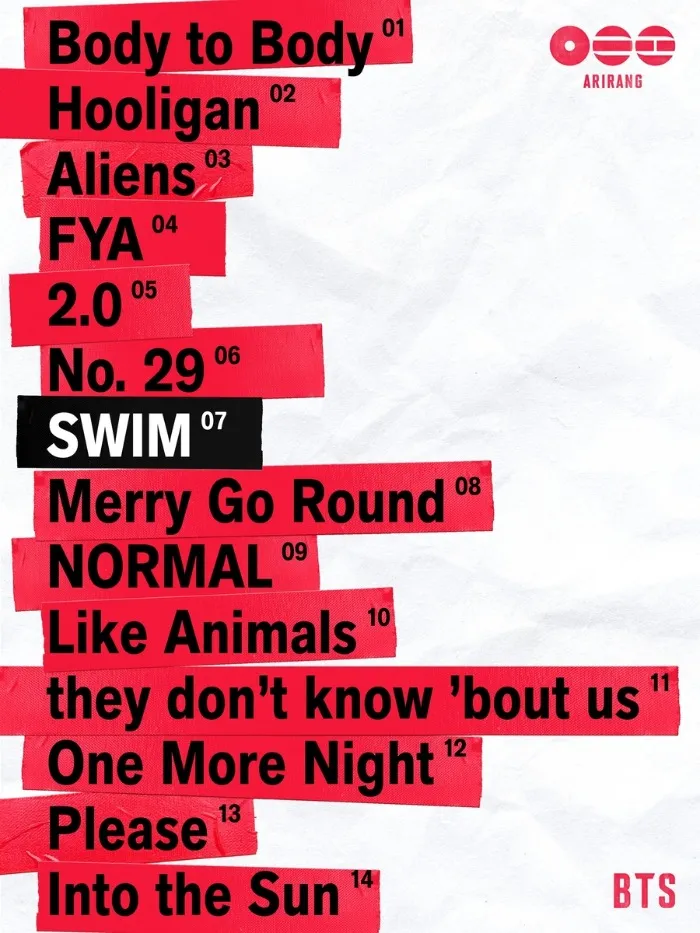
Introduction
JD Vance, the Republican senator from Ohio, has become a notable figure in American politics since his election in 2022. His rise is emblematic of a broader trend within the Republican Party, which has shifted towards more populist and nationalist sentiments. Understanding Vance’s background and political ambitions is crucial for grasping the current political landscape in the United States.
Background and Political Career
Born in Middletown, Ohio, in 1984, JD Vance gained national recognition as the author of the memoir Hillbilly Elegy, where he illustrated the challenges of the working-class Americans in Appalachia. This book resonated with many and helped to enhance his profile nationally. His political career began in earnest when he entered the 2022 Senate race, positioning himself as a champion of the working class, often speaking about the struggles faced by rural Americans.
Vance successfully leveraged his background and experiences to appeal to Ohio voters, winning the Republican primary and ultimately defeating his Democratic opponent in the general elections. His campaign was characterized by a strong embrace of former President Donald Trump’s policies, which reinforced his standing within the party.
Current Role and Legislative Focus
As a U.S. Senator, Vance has focused on several key issues, including economic revitalization in the Rust Belt, immigration reform, and revitalizing American manufacturing. He’s been vocal in his criticisms of big tech companies, advocating for policies that curb their influence. His stance on these issues reflects the sentiments of many constituents who feel left behind by globalism.
Recently, Vance has also been part of discussions regarding the ongoing debates over the national budget and debt ceiling, providing insights into his approach to fiscal responsibility and government spending. In addition, he has been involved in efforts to preserve and promote American manufacturing and energy independence.
Conclusion and Future Outlook
JD Vance’s rise in American politics symbolizes both a personal journey and a broader shift within the Republican Party towards populism. His background as an author and outsider has given him a unique position in the Senate. Future forecasts indicate that Vance will continue to play a critical role in shaping the Republican agenda as he seeks to consolidate power within the party.
Moreover, as the political landscape evolves in the upcoming years, Vance’s actions and decisions will be pivotal in defining not only his legacy but also the future directions of the Republican Party. For readers, keeping an eye on JD Vance provides insight into the changing dynamics of American politics and the potential for shifts in policy that reflect the voices of working-class Americans.



